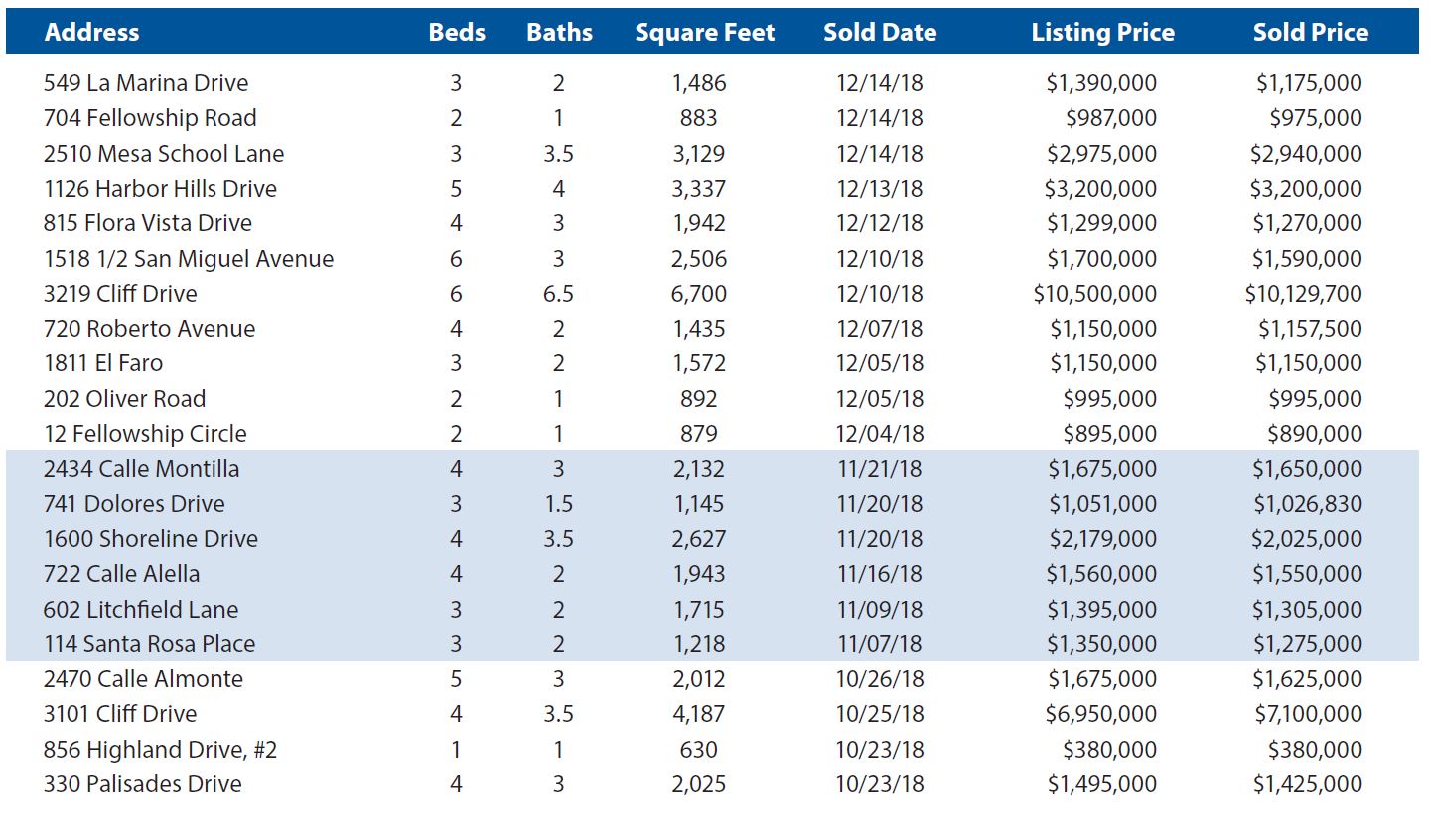Where is The Market Heading ?
We are faced with uncertainties about where the real estate market is going. When “the-times-they-are-a-changing”— you want a pilot like Sully, the fellow who landed that jet on the Hudson River in 2009. Get someone that you know can guide you through the downs and ups. You want to hire Sully—so hire Scott. To help us figure out where the market is going, I welcome a guest article from Mark Schniepp, chief economist at the California Economic Forecast.
Interest Rates falling again and so are Financial Markets by Mark Schniepp

The benchmark 10-year Treasury bond yield fell to 2.78 percent on December 20. It hadn’t been that low since late May. The 30-year fixed rate mortgage yield has also reversed course, falling to 4.58 percent. Just when we were all prepared for generally rising interest rates, investors are rushing into bonds, bidding up prices and forcing yields lower. Why?
Probably because the stock market indices have been in a general decline since October, meaning that company share prices are declining. And this is due to the anticipation of higher short-term rates which the Federal Reserve directly impacts with their ability to raise or lower the federal funds rate. Because the Fed has
committed to restoring interest rates to higher levels, investors are nervous that higher rates could negatively impact some economic sectors, jeopardizing growth, corporate earnings, and profits.
The outlook for spending and economic growth
Lower stock prices mean lower portfolio value for the average investor, and that means a lower value of household wealth, at least for the moment. If the value of my stock portfolio is consolidating, I’m probably going to think twice about that new sofa I was going to buy, or that 21-day trip to the Caribbean next Spring. So, a decline in the financial markets can and does impact consumer spending decisions both today and going forward. Consumer spending is the largest component of economic growth. Consequently, a change in spending habits caused by a reduction in household wealth can and will impact the economy. Stock market pullbacks are watched closely by economists because of this “wealth” effect.
The outlook for housing
But lower long-term rates like we are re-experiencing now benefit the housing market, which is the largest investment a household typically makes. And though the housing market has not been seriously impacted by rising rates over the last 18 months, it has still been affected. And in recent months, we’ve witnessed some response by housing prices in view of the higher mortgage yields. Selling prices have leveled off or moved slightly lower in some regional markets. Falling rates and falling or leveling home values would be a stimulus to the housing market. If the current trends continue, look for more sales in 2019. However, if interest rates reverse again and move higher like we expect them to, housing demand is unlikely to expand. You can then expect sales activity in 2019 to look similar to 2018, or somewhat lower. Prices meanwhile will remain flat in 2019 or decline some due to higher interest rates and a consolidating stock market. The price decline, however, should be limited if inventory levels (listings) remain low as they have been for the last several years.
Mesa Market Report






